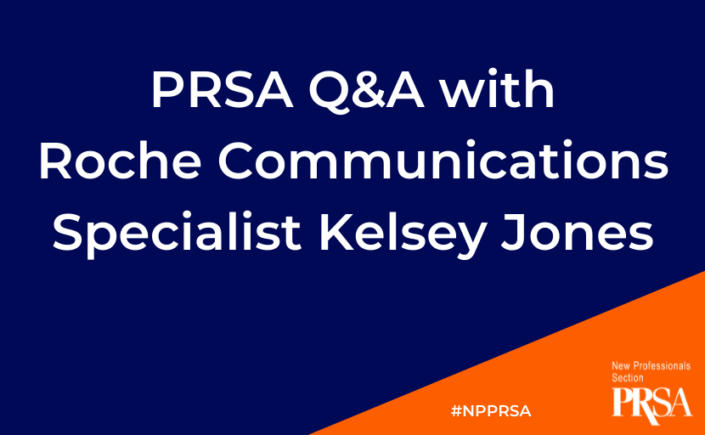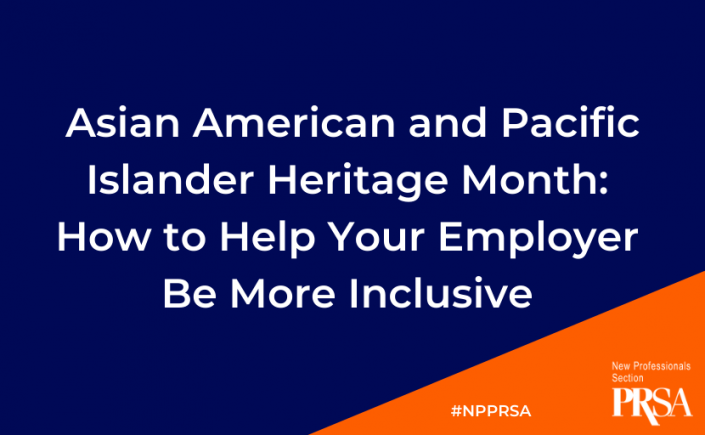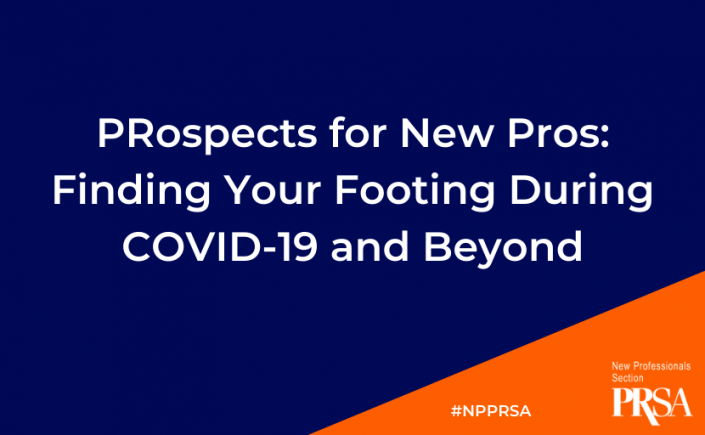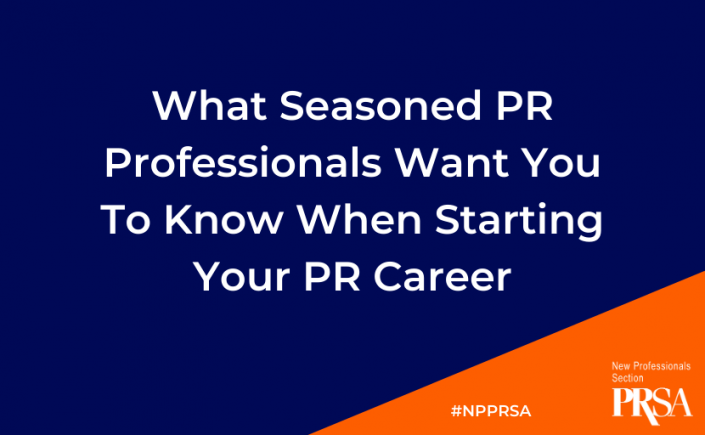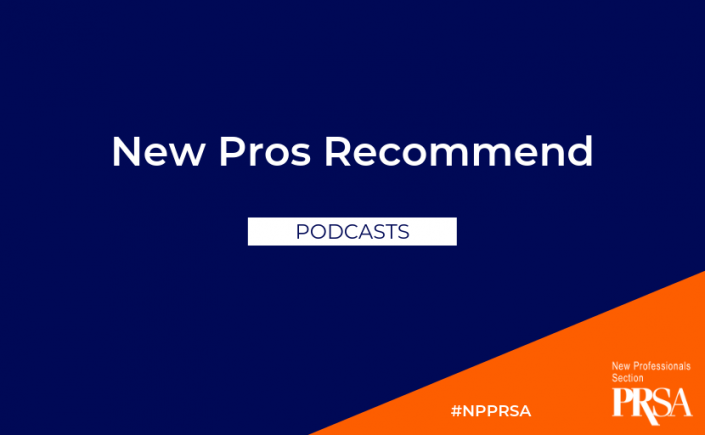Kelsey Jones is a communications specialist for Roche’s Diabetes Care division and a Ball State University alumna. She graduated in 2011 with her bachelor’s in hospitality and food management and once again in 2017 with her master’s in public relations.
Today, she shares advice for new communications professionals.
Q: What are your job responsibilities as a communications specialist in the healthcare and medical device industry?
A: At Roche, I drive integrated strategies based on best practices for employee communications, internal events, and programs. I draft content for various internal communications channels such as email, video, digital signage, newsletters, and social media. What I do ultimately impacts business results, as I help decide what employees need to know and when they need to know it to drive engagement and productivity.
I also facilitate Diabetes Care collaborations with patient advocacy organizations like the American Diabetes Association, College Diabetes Network, and Juvenile Diabetes Research Foundation to reduce health and racial disparities in our communities. Through this work, I build meaningful, mutually beneficial nonprofit partnerships.
Additionally, I manage Roche Gives Back, our internal employee giving program, as a portal administrator. The company matches employee donations and volunteer time in the community, and I review all match requests. I also plan and execute engaging volunteer events for more than 4,500 Indianapolis-based employees. Our most notable event is our annual Day of Service with Keep Indianapolis Beautiful, where we identify an Indianapolis neighborhood or park to beautify.
“Storytelling is a large part of my role when communicating what Roche and our employees are doing in the local community, how we give back, and how we contribute to important causes.”
Q: What advice do you have for students wanting to pursue a communications career in the medical industry?
A: Initially, I had no desire to work in the healthcare and medical device industry — I generally perceived healthcare and large corporations as very stuffy and uninviting. Roche completely changed my perception. Roche is very welcoming and inclusive and provides fantastic benefits for employees. Plus, some of my closest friends are my colleagues.
If a student is interested in pursuing a communications career in healthcare or another large corporate environment, I highly recommend job shadowing. Spending a day with a current corporate communications professional will provide insights into their role and help students see if it aligns with their interests.
I also recommend taking a business course or two. Having basic business knowledge is extremely important in the corporate setting.
Q: What valuable lessons about the communication field have you learned throughout the pandemic?
A: I would definitely say to meet employees where they are. The pandemic has created so many additional challenges for our employees: at-home schooling, childcare, illnesses, and even the death of loved ones due to COVID-19. It is crucial with internal communications that you convey empathy and meet employees where they are.
Q: In what ways did Ball State’s master’s in public relations prepare you for the role you currently have?
A: Ball State’s master’s in public relations prepared me to be a critical thinker in a corporate environment. It equipped me with the issues management skills needed to succeed in a large, matrix organization. The program provided strong relationship-building lessons that are critical to any industry’s communications or public relations role. It challenged us to work in new ways while utilizing strategic communications and encouraging collaboration.
Q: Why would you recommend Ball State’s public relations program to new professionals?
A: Ball State provides a personal, hands-on approach to public relations. Graduate students receive regular one-on-one sessions with their graduate advisor and esteemed professors. In addition, on-campus graduate students have the opportunity to work at the student-run strategic communications and public relations agency. Coming from a non-public relations background to graduate school, this experience was invaluable to my learning experience.
The public relations graduate program is continually ranked as one of the best in the nation and one of the only programs accredited by the Public Relations Society of America. The individualized, entrepreneurial learning and award-winning curriculum made Ball State’s program my number one choice.
The program is also available entirely online for working professionals who can’t come to campus. The online courses are asynchronous, meaning you can complete them whenever they fit into your daily schedule. The same faculty who teach on-campus also teach online, so there is no difference in curriculum or course quality.
Q: Any final words of advice about your experience or for new communication/PR professionals?
A: Keep an open mind regarding career opportunities and always take the initial interview. You never know; you may end up being surprised about the company or role like I was with Roche!
Lastly, always keep learning. Your education doesn’t stop when you are handed your diploma. Continue to network with industry professionals and like-minded individuals. Consider attending relevant conferences, taking additional classes, or completing a certificate program once you identify your communications and public relations interests.
If you’re interested in pursuing a master’s in public relations from Ball State, visit our website for more information or contact the program director Dr. YoungAh Lee.
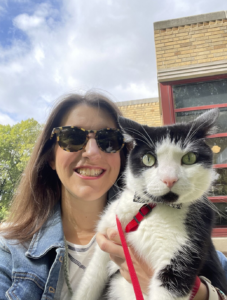
Kelsey Jones is a communications and corporate social responsibility professional who enjoys keeping up with giving trends and connecting employees to causes important to them.
Not only is philanthropy part of her day job, but it’s also a part of who she is. Whether she’s planning events for the Indianapolis Cultural Trail or raising funds for various causes important to me, giving back is in her DNA.
LinkedIn: Kelsey Jones, M.A.

